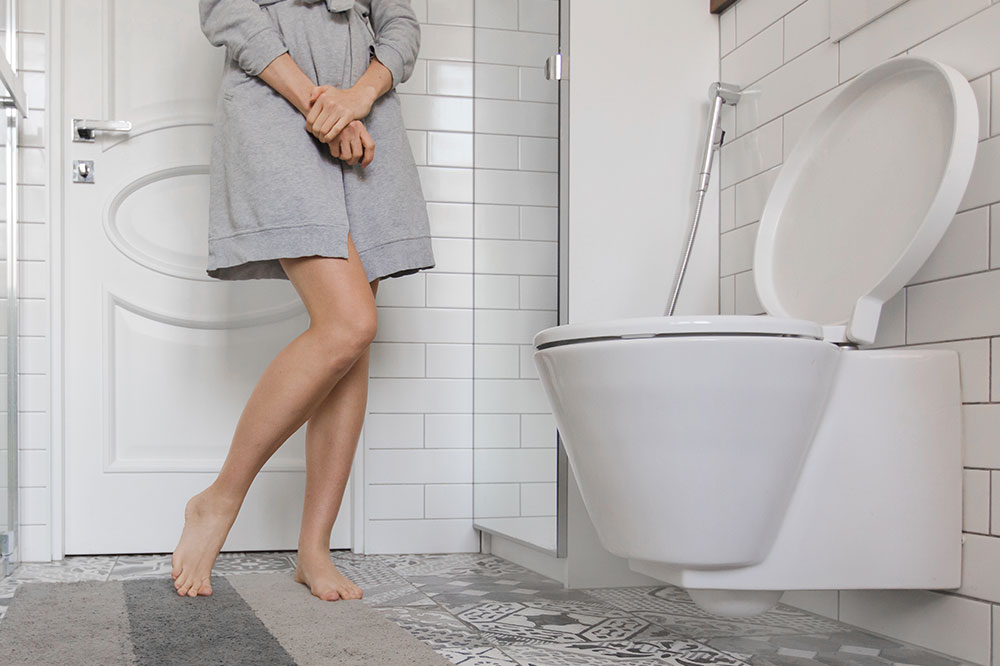3 ways to deal with an overactive bladder

People with an overactive bladder (or OAB) experience a sudden and frequent urge to urinate. About 40% of women and 30% of men in the country deal with this condition, which can be caused by weak pelvic muscles, nerve damage, and excessive caffeine consumption. Those affected may have to urinate more often than usual and can even experience leakage. Here are a few treatment options, foods to eat and avoid, and ways to manage OAB:
Treatment options
Persistent symptoms should be discussed with a doctor so that they can determine the right course of treatment for OAB. Here are popular options that can be considered based on the doctor’s recommendation:
Gemtesa: It is an FDA-approved prescription treatment for adults affected by OAB. It helps relieve urinary symptoms like urgency, frequency, and even incontinence. Gemtesa is an oral treatment, usually taken with water. Common side effects include diarrhea, headache, or nausea.
Myrbetriq: It can help treat bladder issues like neurogenic detrusor overactivity and overactive bladder. This treatment option relaxes the detrusor, a bladder muscle, making it easier for the bladder to accommodate more urine and reduce OAB symptoms. Doctors recommend oral consumption of Myrbetriq once a day. Adults can have it with or without food, while children must take it with food.







